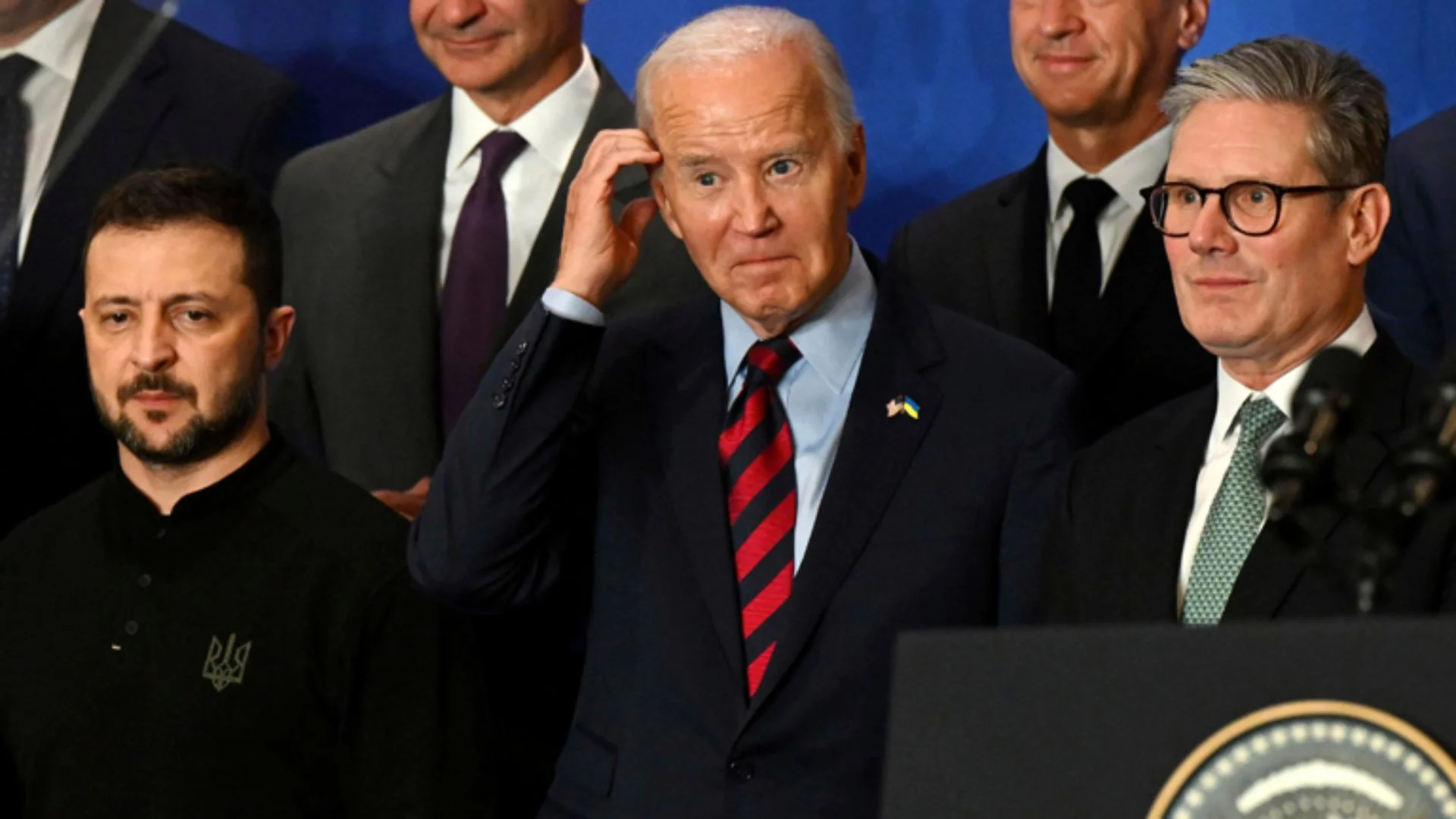During a recent press conference, President Joe Biden was asked whether he anticipated brokering a hostage deal between Israel and Hamas before the end of his term. Rather than responding directly to the serious question, Biden surprised reporters by shifting the focus to the crowded room behind him. In a moment of unexpected humor, he quipped, “Do you think that you can get hit in the head by the camera behind you?” The remark, which caught many off guard, lightened the mood but left the critical issue of hostage negotiations unresolved. Biden’s response highlighted his penchant for humor, though it provided little clarity on the ongoing diplomatic efforts regarding the Israel-Hamas conflict.
Root Causes of the Israel-Hamas Conflict
The Israel-Hamas conflict is rooted in a number of complex and longstanding issues, with territorial disputes being at the core. The most significant of these is the fight for control over land in historic Palestine, including the Gaza Strip, West Bank, and East Jerusalem.
WATCH THE VIRAL VIDEO TO ISRAEL HAMAS HOSTAGE DEAL:
I asked President Biden if he thinks that he can get a hostage deal done by the end of his term. He answered, commenting on the number of cameramen in the room: “do you think that you can get hit in the head by the camera behind you?” pic.twitter.com/B3DCJoHdaw
Related News— Neria Kraus (@NeriaKraus) November 12, 2024
Both Israel and Hamas assert territorial claims over these areas, which has led to recurring clashes. Since 2007, when Hamas took control of Gaza, Israel has imposed a blockade, severely restricting the movement of people and goods. This blockade has exacerbated the economic crisis in Gaza, fueling humanitarian concerns and further deepening the rift between the two sides.
Another key factor driving the conflict is the continued cycle of violence involving rocket attacks and military operations. Hamas regularly launches rockets into Israeli territory, prompting Israel to respond with military force to protect its security. The situation is further complicated by tensions over Jerusalem, a city that holds immense religious significance for Jews, Muslims, and Christians.
Disputes over access to holy sites, particularly the al-Aqsa Mosque, often escalate into broader conflicts. Additionally, the political rivalry between Hamas and Fatah, the two dominant Palestinian factions, has led to a divided Palestinian leadership, with Hamas controlling Gaza and Fatah governing the West Bank, fueling further instability.







